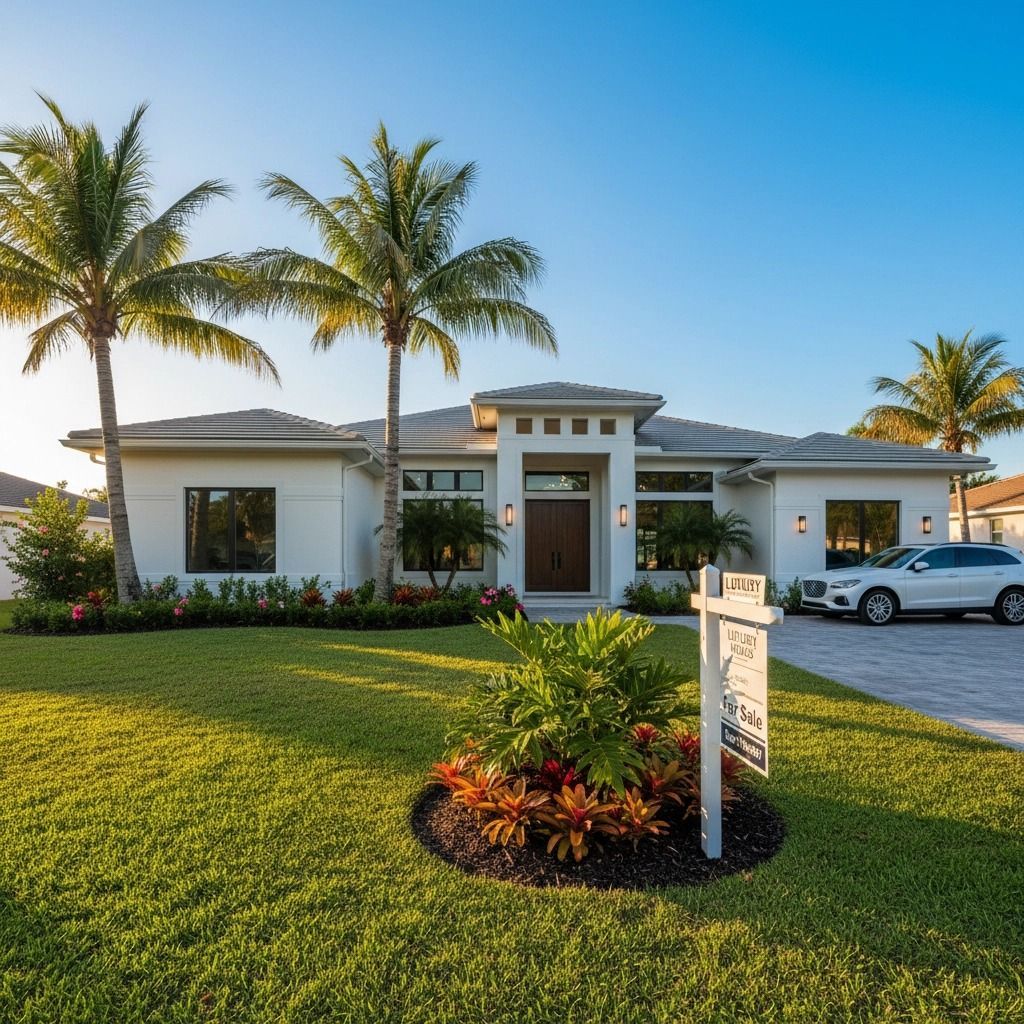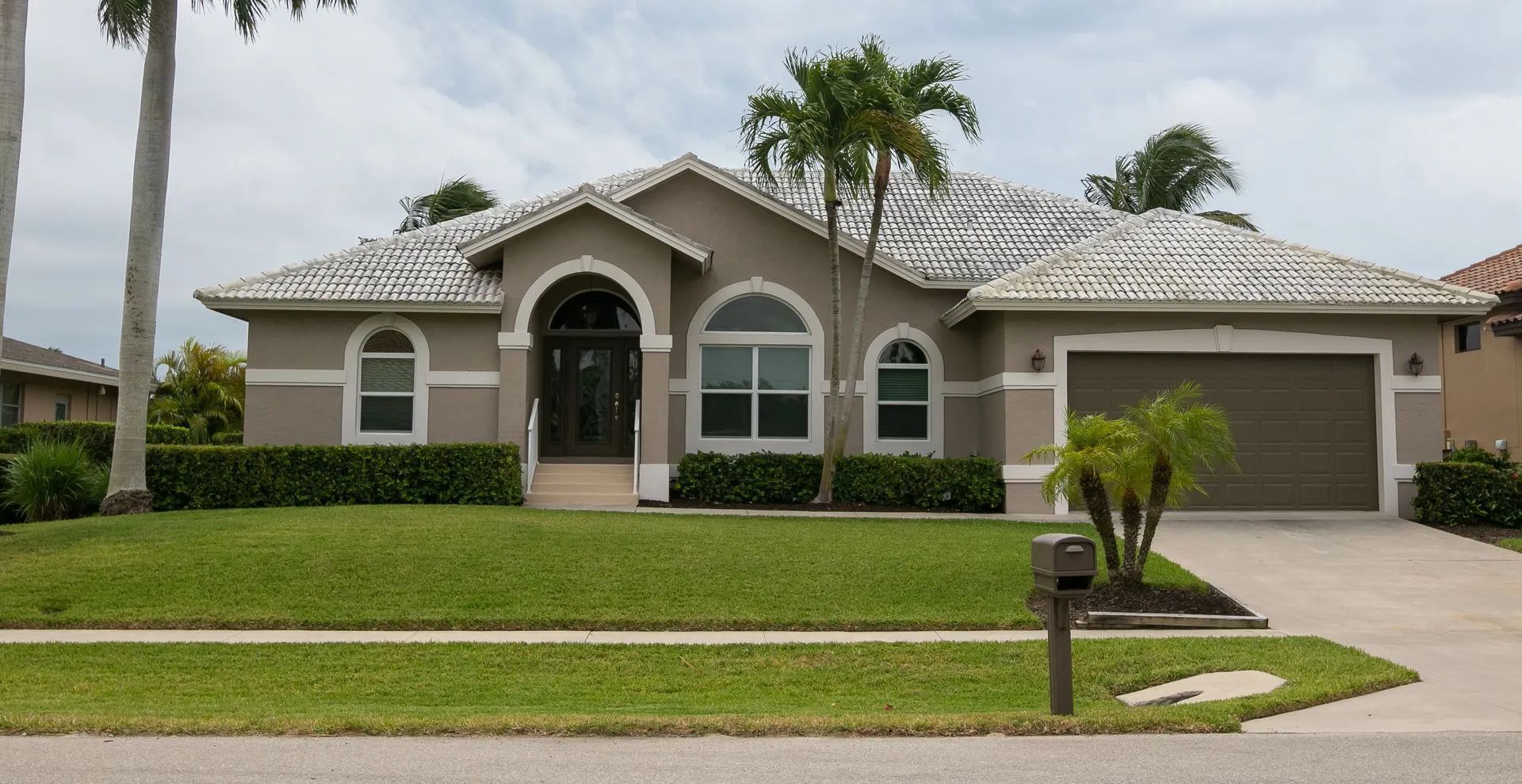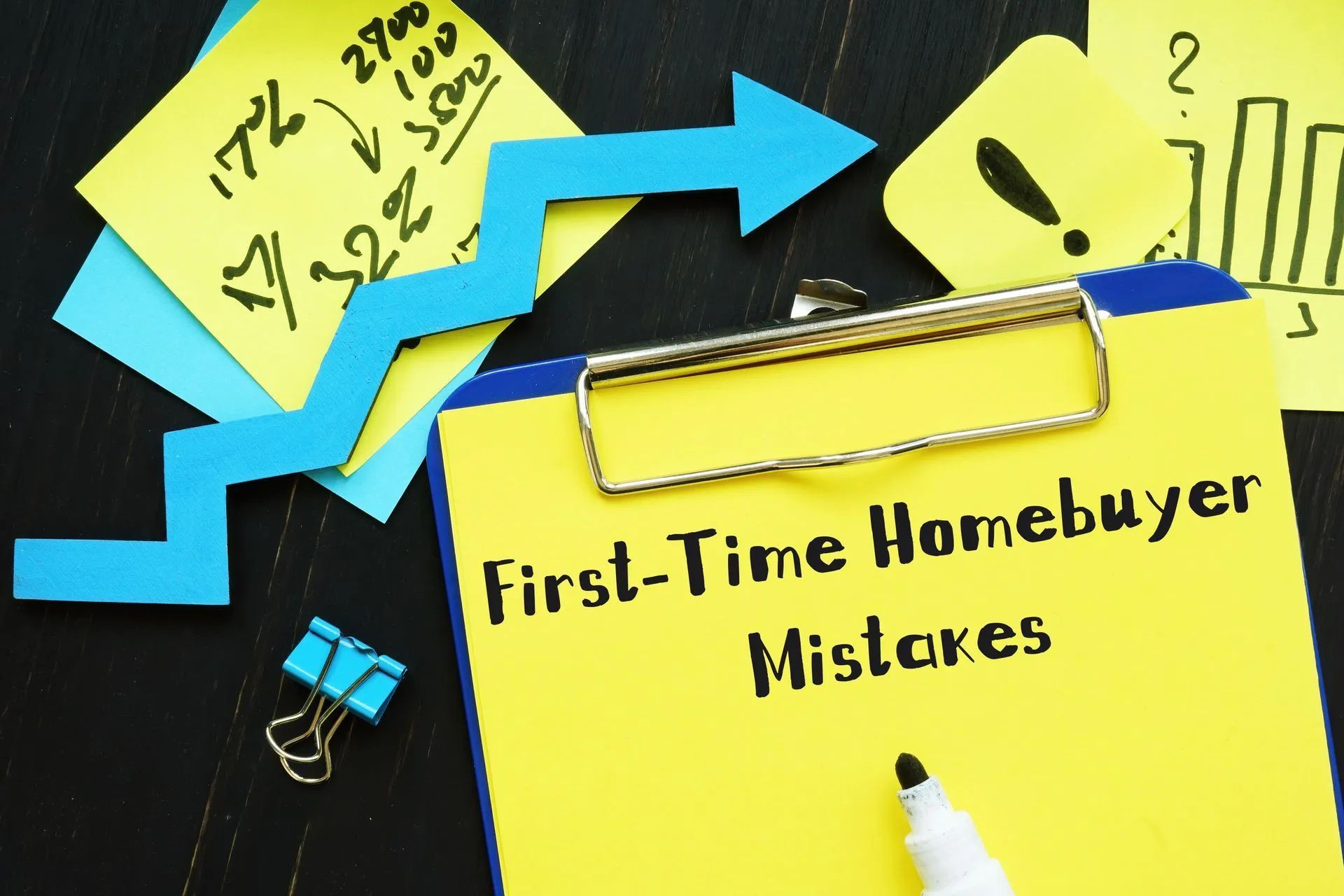Is Waiting for Lower Home Prices Bad? Here's What 2025 Market Data Reveals
If you've been sitting on the sidelines waiting for home prices to drop, you're definitely not alone. With mortgage rates that seemed stuck in the stratosphere and headlines about cooling markets, many potential buyers have been playing the waiting game. But is that strategy actually working out in 2025?
Let's dive into the real numbers and see what the market data is telling us, because the answer might surprise you.
The Market Reality Check: What's Actually Happening
Here's the thing about waiting for dramatic price drops: it's a bit like waiting for that perfect Florida weather day when it's 75 degrees with zero humidity. Sure, it happens, but you might be waiting a while.
The latest data from 2025 paints a picture that's more nuanced than the simple "prices will crash" narrative. According to J.P. Morgan's analysis, our housing market is likely to stay pretty frozen through 2025, with growth expected at 3% or less. That's not the dramatic correction some folks have been hoping for, it's more like watching paint dry.
Meanwhile, Redfin reports that home buyer demand is down 14% compared to last year. You'd think that would mean sellers are slashing prices left and right, but here's where it gets interesting: while nearly 20% of listings include price cuts, the national median list price is still holding steady at $425,000.

The Case for Team "Wait It Out"
Let's be fair, there are some legitimate reasons why waiting might pay off, especially if you're looking in certain markets.
Price Softening in Some Areas: Zillow's projections show home prices could fall 1.7% between March 2025 and March 2026. It's not huge, but hey, every bit counts when we're talking about hundreds of thousands of dollars, right?
New Home Bargains: The new construction market is definitely showing more flexibility. We've seen median new home prices drop 4.9% from May to June 2025, and builders are getting creative with incentives. Major builders like Lennar are offering buyer incentives worth over 13% of the final sales price, that's way more than the typical 5-6% we usually see.
Inventory Growth: After 23 consecutive months of growing inventory, buyers have more options than they've had in years. More choices usually mean more negotiating power, and homes are staying on the market longer (about 62 days in September 2025, up from the previous year).
The Flip Side: Why Waiting Might Backfire
But here's where the "wait and see" strategy gets tricky. Even with all these positive signs for buyers, there are some serious risks to consider.
Prices Aren't Really Crashing: Despite all the talk about cooling markets, home prices are still growing, just more slowly. That 3% growth J.P. Morgan mentioned? That's still growth, not decline. And existing homeowners with significant equity aren't exactly desperate to sell, which keeps prices relatively stable.
The Mortgage Rate Mirage: Here's something that might blow your mind, mortgage rates fell for nine consecutive weeks to an 11-month low of 6.26%, and pending home sales still declined. Mortgage-purchase applications only went up by 3%. This tells us that even when rates improve, buyers are still hesitant. If you're waiting for rates to drop below 6%, you might be waiting a long time.
Competition from Other Waiters: Remember, you're not the only one waiting for better conditions. When those conditions finally arrive (if they do), you'll be competing with everyone else who had the same idea. That could actually drive prices back up or create bidding wars all over again.
Regional Differences: Location, Location, Location Still Matters
This is where things get really interesting for our Florida buyers. The market isn't behaving the same way everywhere, and that's crucial information for your decision.
The Great Divide: The South and West (hello, Florida!) have inventory levels above pre-pandemic norms, while the Northeast and Midwest are still dealing with serious supply shortages. Cities like Denver and Austin are way ahead of their 2017-2019 inventory levels, but places like Hartford and Chicago are still playing catch-up.
What This Means for Florida: If you're looking in markets like
Palm Coast, or Ormond Beach, you're in a region where waiting might actually yield some additional savings. The Sun Belt markets have been more prone to price adjustments and seller concessions.

Different Buyers, Different Strategies
First-Time Buyers: If you're a first-time buyer with stable income and you've found something you love, waiting might cost you more in the long run. Between potential rent increases and the psychological cost of endless house hunting, sometimes "good enough" market conditions are actually perfect.
Move-Up Buyers: If you're selling one home to buy another, market timing becomes less critical since you're playing both sides of the equation. Your sale price might be lower, but so is your purchase price.
Investors and Cash Buyers: You folks have the most flexibility to wait for the perfect opportunity. With less competition from financed buyers, you might find some genuine deals, especially in markets with higher inventory.
Retirees: If you're looking to downsize or relocate to Florida for retirement, the current market dynamics might actually work in your favor. There are more options available, and sellers in some areas are more motivated to negotiate.
The Bottom Line: What Should You Actually Do?
Here's my honest take after looking at all this data: waiting for a dramatic housing market crash is like waiting for traffic to completely disappear on I-95. It might happen, but you'll probably be waiting a long time.
Instead of trying to time the market perfectly, focus on timing your life. Are you financially stable? Have you found a home that meets your needs? Can you afford the payments comfortably? If the answer is yes, then market timing becomes much less important.
That said, if you're in a market with growing inventory and you're not in a rush, waiting a few more months could save you 2-5% on your purchase price. Just remember that markets can turn quickly, and what looks like a buyer's market today could shift if economic conditions change.
Your Next Step
The housing market will always have ups and downs, but your life goals don't have to wait for perfect market conditions. Whether you decide to buy now or wait a bit longer, having a knowledgeable local expert on your side makes all the difference.
At Eaz Realty, we're seeing firsthand how these market trends are playing out in Northeast Florida. We're helping buyers navigate these decisions every day, and we'd love to help you figure out the right timing for your situation.
Ready to explore your options? Let's chat about what the current market means for your specific situation and timeline. Reach out to our team today, and let's turn all this market data into a personalized strategy that works for you.
Because at the end of the day, the best time to buy a home isn't when the market is perfect: it's when you're ready and the numbers work for your life











